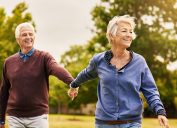These 13 Habits Could Add Years to Your Life, According to a Bestselling Physician
Peter Attia, MD, reveals how to live longer by incorporating healthy habits into your life.
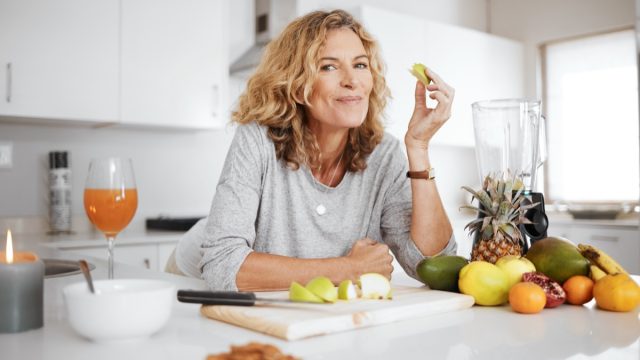
Peter Attia’s book, Outlive: The Science & Art of Longevity, has been dominating the New York Times bestseller list for over 23 weeks. In it, the MD reveals several habits that encourage longevity. “People have so much more agency over this than they will ever believe if they don’t take the step to educate themselves on it,” Attia tells Oprah Winfrey this week for a series called The Life You Want on Oprah Daily. “A lot of people think, ‘Well, this is my lot in life’…It’s not the case at all.” Here are habits that could add years to your life, according to Dr. Attia.

In his book, Attia calls exercise “the most powerful longevity drug.” He revealed to Fortune that he does cardio and strength four days a week and suggested to the New York Times that people should focus on exercising more. “Many people, I think, are underemphasizing strength training. There’s the sense that, Yep, I’m out there, I’m hiking, I’m walking. Those things are great, but the sine qua non of aging is the shrinkage or atrophy of Type 2 muscle fiber. That’s the thing we probably have to guard most against, and you can’t do that without resistance training. Count the number of times in human history when someone in the last decade of their lives said: ‘I wish I had less muscle mass. I wish I was less strong.’ The answer is zero.”
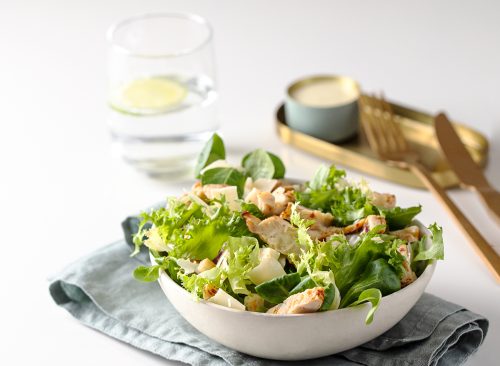
Our metabolism, “as it evolved over millennia, is not equipped to cope with our ultramodern diet, which has appeared only within the last century or so. Evolution is no longer our friend,” Attia writes in his book. “I once believed that diet and nutrition could cure almost all ills, but I no longer feel that strongly about it,” he also states. His theory is that people should avoid being “overnourished” by eating more thoughtfully and intermittent fasting.

Attia also maintains that sleep is key for longevity. “I think that there’s a growing consensus over the past five years that to not sleep is not just a drain on your performance, but also a drain on your health,” he writes in his book. “For folks who have access, spend time in a sauna or hot tub prior to bed. Once you get into the cool bed, your lowering body temperature will signal to your brain that it’s time to sleep. (A hot bath or shower works too.)”
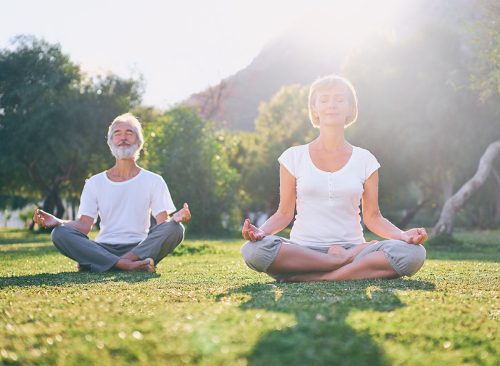
Managing emotional health is a big part of longevity, he told Fortune.

One way to manage emotional health is to spend lots of time engaging with other people, he says.
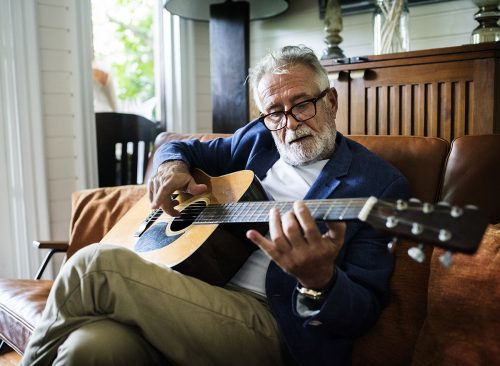
An easy way to improve your longevity? Attia told Oprah that “trying new hobbies” is key.
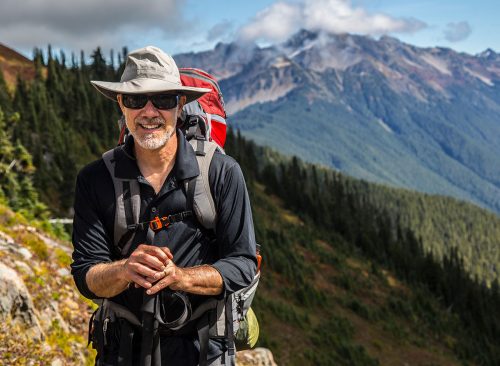
Attia told Oprah that rucking—walking with a weighted rucksack or backpack – is a way he moves without distraction. “It’s literally a backpack with a weight plate in it. I carry 60 pounds in a backpack on my back, and I walk up and down hills all over my neighborhood,” he said. “I never take a phone. I’m not listening to books or podcasts,” he said. “It’s 100% in nature. No sound but the wind.”

Attia also swears to spend a lot of time in nature. This is why he loves rucking. “It’s 100% in nature. No sound but the wind,” he told Oprah.

Attia encourages genetic testing to learn about your health dispositions. “I get a lot of pushback on that from physicians saying, ‘Why would you want to burden a patient with that knowledge?’ I welcome that debate because it opens a discussion: Do you or do you not believe that this a deterministic gene? If it’s not deterministic, the next most important question is: Is there a manner in which you can alter the outcome? I believe the answer is emphatically yes: It’s not deterministic, but it’s risk-associated, and you can alter your trajectory. Therefore, how would you not want to know this?” he told the New York Times.
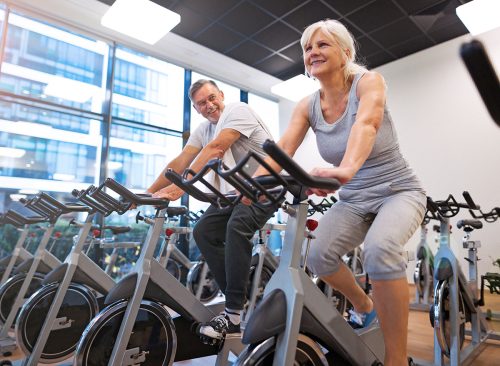
Unfortunately, longevity is an investment in time and money. “The biggest asset class a person needs is not financial; it’s time. It would be delusional of me to say that a single working mom with five kids in the inner city has the same amount of time that the wealthy mom in Beverly Hills has. Of course not. Unfortunately, the truth of it is that health is not fully democratized. There’s a certain income level and disposable time requirement that’s probably necessary. You don’t have to be wealthy, but you have to be above a certain threshold in terms of disposable time and income to spend on good food, gym memberships or exercise equipment at home and those things. I don’t know that dollar amount. I don’t think it’s that high. But it’s certainly higher than where many people are, unfortunately,” he told the New York Times.

Attia also encourages saving money. “You have to think about it the way you think about retirement. Let’s pretend you’re making $100,000 a year, and you’re 40 years old. At some point, you’re going to find yourself at an age where maybe you don’t want to work as hard. You’re going to have to put money away for that time. You can do the math that says: This is how old I am, this is how much I make, this is the standard of living I want, this is how long I want to work, this is my risk appetite for how I invest, and therefore this is approximately what I need to do. What I’m saying is no different from that type of analysis. For me, I’m tethered to the marginal decade,” he told the New York Times. “I think about that all the time because I’ve seen too many examples of what a bad marginal decade looks like, and that’s not what I want. The beauty of the marginal decade is: I’m not going to be working, I’m not going to have any nonsense that’s going to bug me anymore. The only thing that matters is spending time with people you care about and the state of your health to enjoy those relationships — not being in pain, being able to travel, to play in a park. If you can’t do that, I don’t care how much you partied in Ibiza; it’s not worth it.”
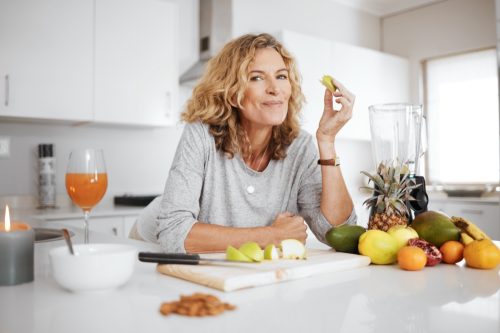
“Reducing the amount of nutrients available to a cell seems to trigger a group of innate pathways that enhance the cell’s stress resistance and metabolic efficiency,” Attia writes in his book, explaining that autophagy cleanses our cells, allowing them to run more efficiently, but declines as we age.
RELATED: Surprising Signs You’ve Already Had COVID
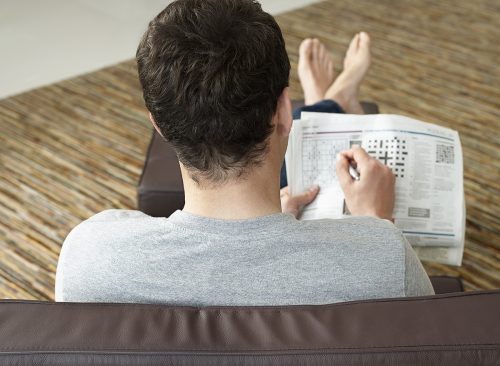
In his book, Attia suggests varied challenges, “requiring more nimble thinking and processing … Simply doing a crossword puzzle every day … seems only to make people better at doing crossword puzzles,” he writes.
